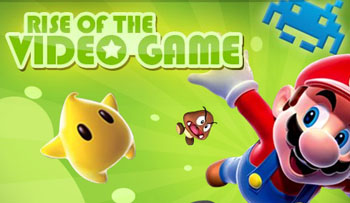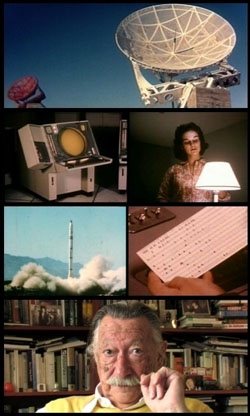Last weekend, the AAAI Fall symposia were held in Arlington, just outside Washington, DC. Nick, Michael and I were there for the Intelligent Narrative Technologies symposium, among 60 people in attendance from the Americas, Europe, Australia and Asia. Like the 1999 symposium on Narrative Intelligence, this was a gathering of both accomplished researchers and new faces to the field. (My first foray into academia was at one of these meetings, exactly 10 years ago, at a Socially Intelligent Agents AAAI symposium at MIT, where I co-presented Petz and first met Michael and several other Oz Project members.) Unlike the 1999 NI symposium, this time around it was almost completely academic computer scientists, with almost no industry folk in attendance and few who would identify themselves primarily as artists or writers.
An important general point brought out during the symposium was the need for a standard platform for interactive character and drama research, which if adopted by multiple groups, could greatly increase sharing of research results. I couldn’t agree more; we started talking about how to make that happen.
For me, the most exciting talks were on the final day, focusing on story generation and representation. But I’ll run through the program chronologically, quickly summarizing most of the talks, and going into detail on a few. I’ll link to those pdf’s that are currently available online.
This is a preview of
Intelligent Narrative Technologies 2007
.
Read the full post.



 This looks interesting: filmmakers Peter Haas and Silvia Holzinger began making a documentary film about computer pioneers and “grandfather nerds”; they ultimately turned their focus to the now 84-year-old Joseph Weizenbaum. The resulting piece is called
This looks interesting: filmmakers Peter Haas and Silvia Holzinger began making a documentary film about computer pioneers and “grandfather nerds”; they ultimately turned their focus to the now 84-year-old Joseph Weizenbaum. The resulting piece is called 
 A Review of
A Review of 
